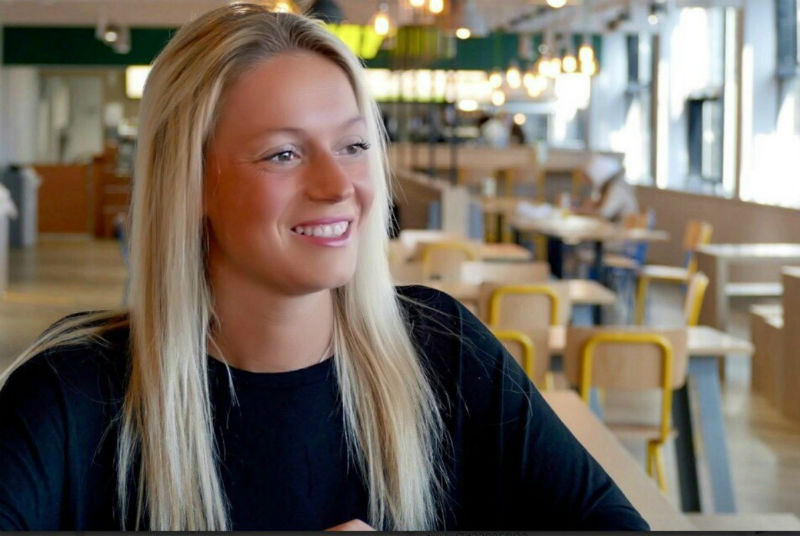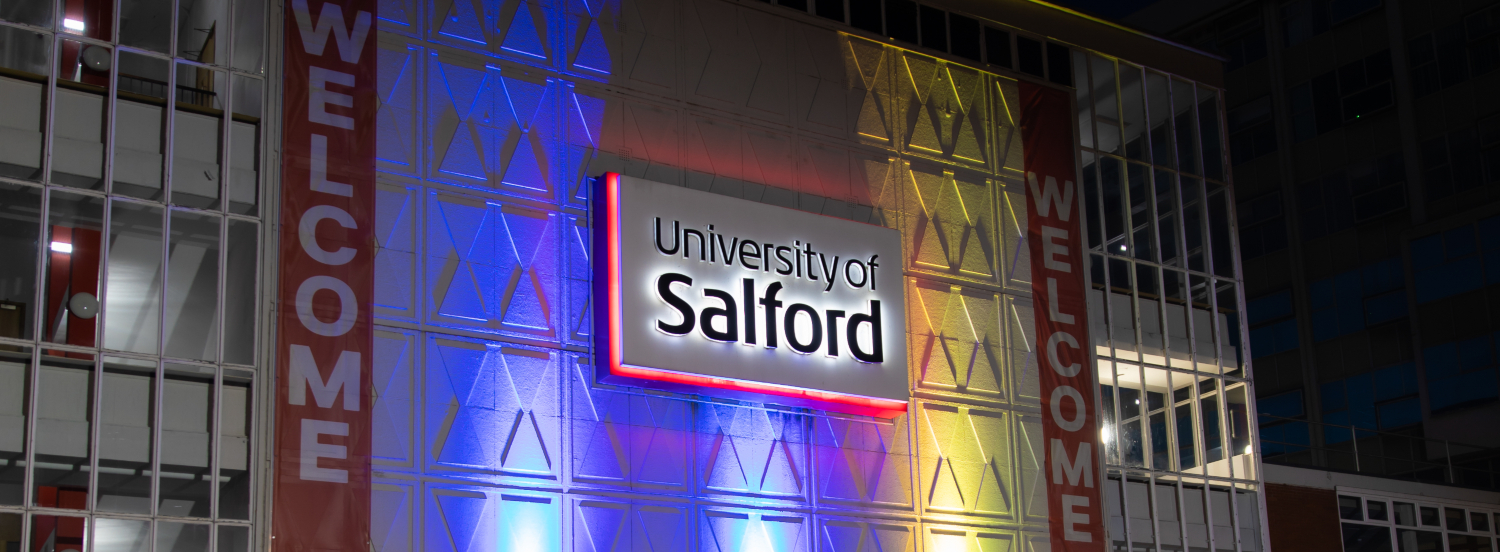I am currently studying on the full time MSc Media Psychology course and have just started my second semester. My programme is the first and only media psychology course in the UK. For this reason, I often get asked a lot of questions about it.
Timetable
On an average week, our timetabled teaching lectures occur on a Tuesday at the MediaCityUK campus. We have a three hour session starting at 9am for one module, followed by a lunch break, and then another three hour session for a different module in the afternoon.
In total, this is six hours of scheduled lectures, plus there is also four hours of optional study sessions to attend. Aside from this, the rest of the week is used for reading and doing our assignments.

Content
The two modules completed in semester one focused on issues in media psychology and research methods. We looked at the different psychological approaches that may explain why an individual chooses to use a certain type of media, such as watching reality TV.
The content focused on aspects such as motivation and meeting basic human needs. We also formed a research proposal for a study that looked at any area of the media.
As well as having lectures, we have also had the opportunity to visit both the BBC and ITV at MediaCityUK for a workshop about what they do and how our course is relevant.
A number of guest speakers, such as Professor Roderick Dubrow-Marshall, have come in to give talks and lectures, and we have also had a go with eye-tracking and other research methods in the psychology labs.
Why Media Psychology?
Having worked as a reporter at a newspaper and previously studied a BA in Journalism, I knew I wanted to do something relevant but also interesting. This course seemed like the right option.
For so long I had been writing news, now I wanted to know why someone might read it. So far, I have found Media Psychology a very interesting topic. I have discovered what it is like to be a reader, rather than a writer. After the course I would like to do a job related to this postgraduate degree.
The course encourages you to question everything and challenge viewpoints.





Hi Rebecca,
I will be finishing my BA in Media and Communication by April, 2019. Initially I was planning on joining Salford for MSc in Media Psychology in September, 2019. Lately, however, I’ve been wondering if joining in January, 2020 would make more sense for me.
Between September, 2019 and January, 2020 I plan on getting some work experience (print/broadcast) and most importantly, working more on my research paper (related to Media Psychology) that was a part of my course so as to present it at at least one international conference. I am hoping that would help me avail a scholarship. I don’t care so much about the work experience, that’s just something on the side. I want to teach Media Psychology later in life.
What do you think about this? What’s the best fit for me? Thank you!